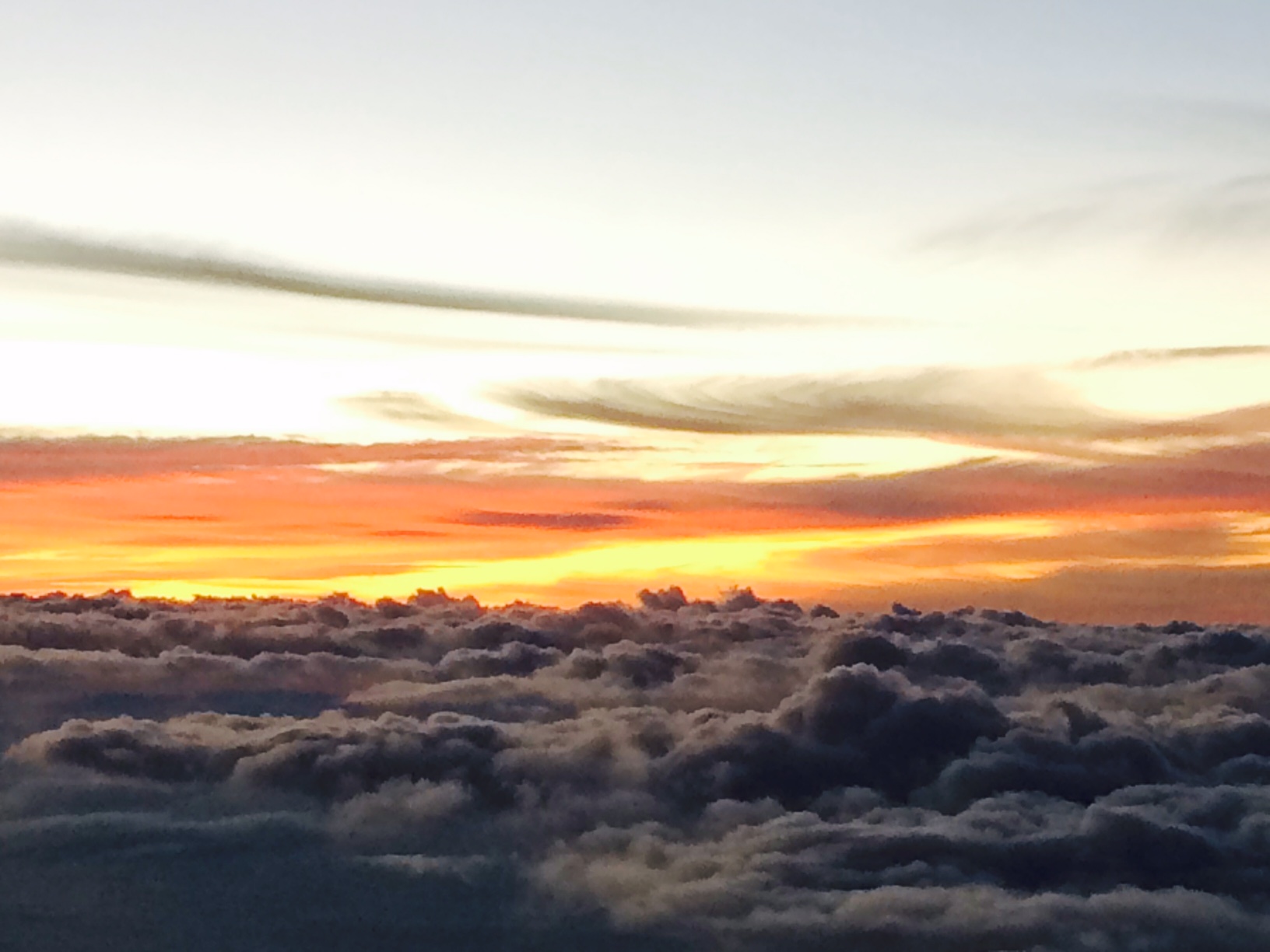Oh yes, I'm feeling mightily lazy. Right now, I'm one exam away from completing my first year of physical therapy school and I'm working hard to muster up the motivation to keep studying. And of course, in typical graduate student fashion, I'm procrastinating by analyzing the definition of laziness. So here goes:
Pema Chodron says that Western laziness is the manifestation of speed and a constant distraction from the present. Laziness is seeking comfort and ease through a profound ignoring.
When I think beyond the surface of my current feeling of laziness, I realize that instead of feeling lazy that what I feel right now is actually a feeling of depletion. As I've rushed from task to task over the past few weeks, I've successfully used up all of my prana, my energy. Through the rush of the past few weeks, I've profoundly ignored the present moment and my own self care as I've hyperfocused on my schoolwork. So while my first instinct is to say, "wow, I don't want to study right now because I'm really lazy," the truth is, that I don't want to study right now because I'm simply exhausted.
This insight has made me realize my need to reassess laziness. Today I took a moment to sit back and question, "why is it that right now I don't feel like doing anything productive?" When I feel a rebellious energy towards productivity, it usually means that I've been pushing myself too hard and that what I really need is down time. Needing time to relax does not mean that I'm lazy. Instead, my laziness comes from the fact that when life gets busy I often forget to make time for self care. But the proverbial catch twenty-two is that when life gets busy, that's when I need self care the most.
Some days, like today, I feel as if there is no time to pause. I feel like I have too much to do and that there is no space to relax. At times like these I wonder, should I keep pushing and wait until the weekend to relax? Perhaps. Especially with an exam in the morning, I know that studying cannot wait. I also recognize that waiting until the weekend to relax never really works. When I push too hard during the week, I end up a slug over the weekend. Two day weekends are simply not enough time for me to rejuvenate fully, and when Monday comes around I'm still exhausted from the prior week. From my experience working 60+ hour weeks in a corporate job, I know that the weeks when I push too hard I often end up sick and it's impossible to recover over the weekend.
I also know from experience, that the weeks when I make time for self care EVERY day, I don't need to wait until the weekend to replenish. When I make time for self care, I get sick less often, I'm happier, and it's easier for me to be present for my friends and family. I even perform better on exams. So while it's easy to say, "this weekend/tomorrow/next week, I'll do ___ for myself," I've realized that if I want to be my best and my healthiest Self, that self care cannot wait.
So what does this reflection mean to me in this moment? It meant that this morning, I created time to sleep in until 10:30am. When I got out of bed, I slowly began my morning. I took time to meditate, and I made time to reflect. Yes, this meant that my entire morning was without studying. Still, my hopes are that the time I spent this morning relaxing will better enable me to focus on my studies this afternoon. [p.s. it worked!]
Do you ever feel lazy? Could it be that you're actually feeling tired from pushing too hard? If you sit back and really think about it, how does what you feel right now tell you about what you really need? What can you do today that will be just for you?
Reference: Pema Chodron, Looking into Laziness










